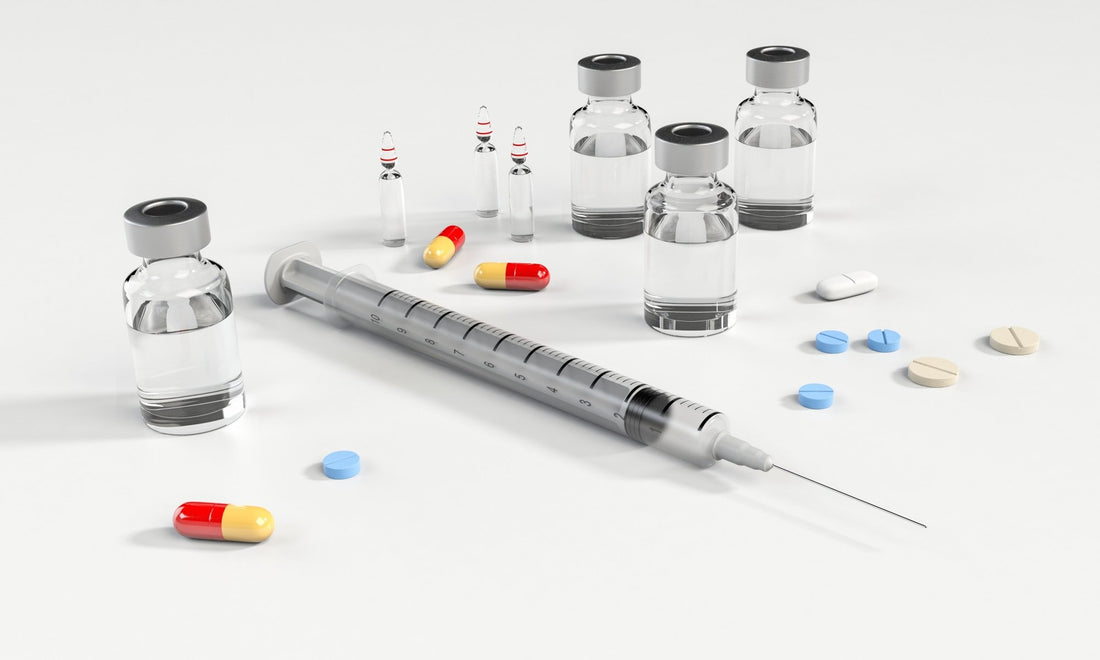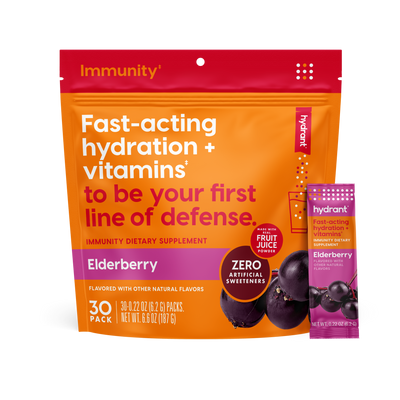What are Nootropics
Ever seen the movie “Limitless?”
Starring Bradley Cooper, it details the transformation of a man after he pops a magical pill. The drug improves his mental acuity exponentially, and he begins to soar up the ranks at his – you guessed it – finance job. (Of course, to his dismay, major side-effects begin to happen and basically ruin everything).

Now imagine a suite of more believable versions of that pill that promise to improve cognitive function. They’re called nootropics, and they exist. If you work in tech, finance, consulting, law, or practically any other mentally-demanding and competitive industry, chances are you’ve heard of these class of drugs. Nootropics have recently received a great deal of attention and controversy, with many arguing that they do improve brain activity, while skeptics contend that they’re placebos with harmful side effects.
We’re not here to tell you the right answer – or whether there even is one – because that’s for you (and science) to decide. But we can give you some insight into the history of nootropics, its booming industry, and their scientifically-tested effectiveness.
What do nootropics do?
Nootropics, often referred to as “smart drugs,” have been around for over 50 years. First synthesized by Dr. Corneliu E. Giurgea, a Romanian chemist and psychologist, they are designed to work gradually. That is, over months and years of taking these pills, they’re supposed to improve mental clarity, productivity, memory, and overall brainpower. The industry itself is booming; it’s currently worth over a billion dollars and is projected to increase to 6 billion by 2024.

Each supplement– and there are many different ones classified as nootropics – targets specific mental improvements through altering the supply of neurochemicals, enzymes, or hormones in the brain. For example, Dr. Giurgea’s first pill, piracetam, is supposed to improve memory by changing the levels of the neurotransmitter acetylcholine. This in turn affects the plasticity of synapses in the brain, which we understand leads to an improvement in memory.
It’s complicated, we know. But even if you have no idea what we’re talking about, you’ve almost certainly used nootropics before. Caffeine and fish oil are found in the base combinations of many nootropics due to their proven effectiveness to boost productivity and brainpower. (Adderall, Ritalin, and other ADHD medications can be mistaken for nootropics, but technically aren’t. They’re in a class of amphetamine-based drugs - yes, the same amphetamine that’s used in Crystal Meth).
And do nootropics work?
As of now, the science is unclear. There are studies that show individual components of a nootropic supplement are effective (like caffeine), but the effects of a complete pill aren’t yet confirmed. The FDA is wary to define nootropics as anything other than a dietary supplement, meaning that the manufacturers’ statements about their benefits are not regulated. In other words, a nootropic can be advertised as a product which ‘enhances memory’ or ‘promotes brain health’ without much to back it up.

Furthermore, dietary supplements do not require double-blind, placebo-controlled, pharmaceutical-style human studies before they go to market. Be wary of studies that find nootropics to be ‘memory enhancing.’ They’re likely not clinical trials, or else rely on animal testing, which has been criticized as a flawed method.
Nootropics side effects
The side effects of nootropics are vast and vary: brain fogginess, headache, digestive discomfort, insomnia, jitters, and fatigue are some of the more common ones. But the good news is that you don’t need a prescription to get dietary supplements. So if you’re interested in trying to recode your brain by finding that magical pill, check out this list of popular nootropics.
Or, go the more time-tested, scientifically-backed route of getting enough sleep, eating properly, exercising, and hydrating. That’s probably better.















